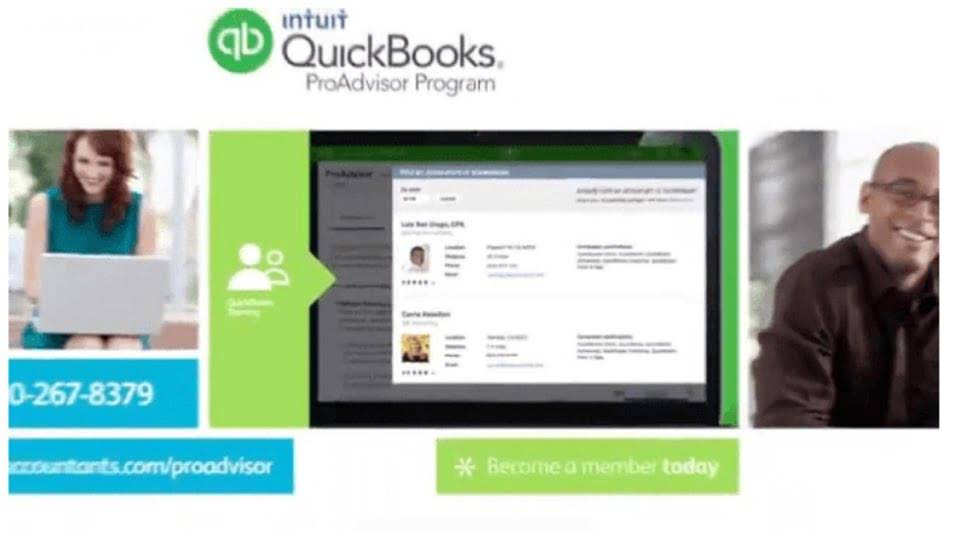Record Retention New York, NY

If you’re migrating to a new bookkeeping software system, it’s important to ensure that accounting all of your data is properly transferred. This includes transferring over your chart of accounts, transactions, and records. If you don’t do this, you could lose important information or have inaccurate bookkeeping. Once you’ve caught up on your accounting with Ledger Labs, it’s important to have a plan in place to maintain your books on a regular basis.
When Does Your Business Need Catch-Up Bookkeeping?
The specific charge-off method means you can deduct a specific bad debt that becomes partly uncollectible during the year. The nonaccrual experience method means that you can deduct income from your business gross income for the purpose of a tax return in the case you were unable to collect a bad debt. Although we offer a Catch Up Bookkeeping Service here at Bench, we know that some business owners prefer to tackle overdue bookkeeping on their own.
- Catch-up bookkeeping puts you in control of your finances, makes it much easier to prepare quarterly estimated taxes and year-end returns, and optimizes your small business cash flow.
- By the end of this journey, you’ll not only understand how catch-up bookkeeping works, but you’ll also see how it can ease the financial burden and give you peace of mind.
- Updating financial statements is a critical aspect of catch up bookkeeping, as it provides a business’s financial state outlook.
- It ensures accurate financial reporting, compliance with tax regulations, and better decision-making based on up-to-date financial data.
- It allows them to rectify neglected or disorganized financial data, ensuring compliance with regulations and providing a clear picture of their financial health.
- It’s not just about maintaining clean records; it’s about protecting your business or personal finances from potential pitfalls.
Accounting Services

While he’s great at managing his creative projects, he struggles with financial management. Over the course of a year, David fell behind on tracking his income and expenses, and by the time he realized the extent of the backlog, he was facing an audit from the tax authorities. The time and money your company will save as a result of their expertise should make hiring a catch-up bookkeeping team from outside reasonable.

Separate Personal and Business Expenses
Catch up bookkeeping is an essential process for businesses that have fallen behind on their financial records. It involves updating and reconciling financial transactions to ensure accuracy and compliance. With your documents organized, it’s time to start recording your transactions. Use accounting software or a spreadsheet to record each transaction, ensuring that you include all relevant details such as the date, amount, and description. Be meticulous in recording every transaction to ensure that your financial records are accurate.
- Before making a loan, banks often request several months to many years of financial information.
- This catch-up bookkeeping cost is negligible compared to the peace of mind you’ll have knowing your financial records are current and accurate.
- However, unreconciled transactions can also lead to problems, such as overstating your income or expenses.
- In addition to that, we also offer small business taxes, tax advisory, educational content, and more to help you stay ahead.
- These platforms help users extract data from digital documents, providing a snapshot of their business’s financial health.
- Once you identify and correct any discrepancies in said records, you can rely on your financial records with peace of mind.
Consistently updated accounts receivable and payable let you forecast more accurately and manage your cash flow better. Collect all taxation paperwork, such as ledgers, invoices, and other records of transactions. Careful analysis of these documents will help you understand how the financial activities were conducted. Having real-time financial data will equip you with the knowledge you need to make informed decisions about your business. It can help you determine whether you need to cut costs, invest more, diversify your income streams, or pursue other financial objectives.
Step 1: Gather All Financial Documents

A skilled team for catch-up bookkeeping enhances the confidence of your business’s financial reporting. Since they can catch up on all pending tasks quickly and accurately, it results in a clearer view of the organization’s financial status. Since the dedicated team will focus solely on catch-up bookkeeping tasks, the chances of errors are substantially decreased leading to improved accuracy of the statements created. Potential investors or partners would certainly wish to evaluate past and present financial records to understand the sustainability of the business. When the data is accurate and up-to-date, their trust in the organization increases, indirectly stepping up business prospects. Banks typically require several months to several years of financial records before providing loans.
Understanding Catch-up Bookkeeping
This is especially true for bookkeeping, which can be complex and time-consuming, especially for businesses with multiple transactions and complex financial statements. catch up bookkeeping That’s your business crying out for a good session of catch-up bookkeeping. If you’ve misplaced records, try to obtain copies from your bank, credit card company, or vendors. Digital backups are often available, and many financial institutions allow you to download past statements. In extreme cases, consult an accountant for guidance on how to handle missing data. By catching up on your records, you ensure that everything is accounted for when it comes time to file taxes.
